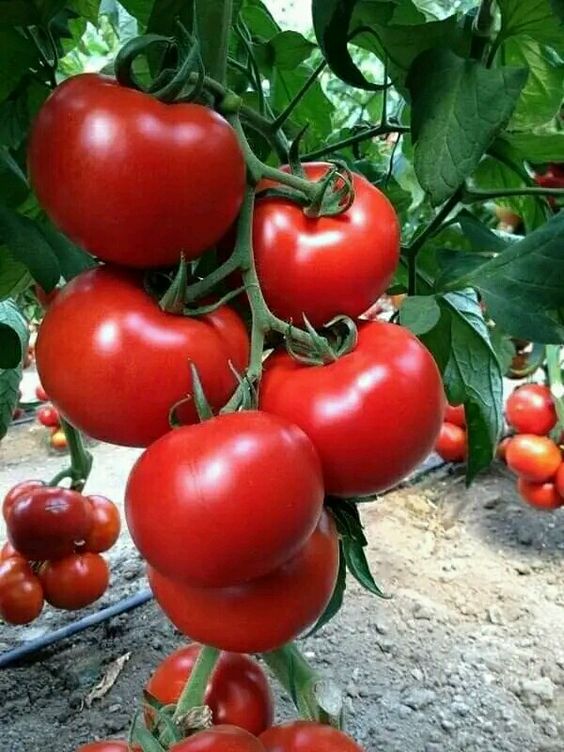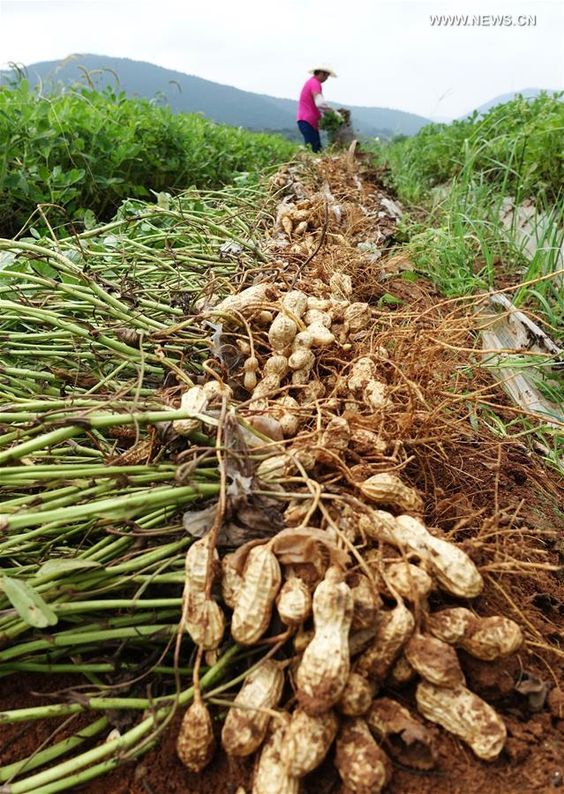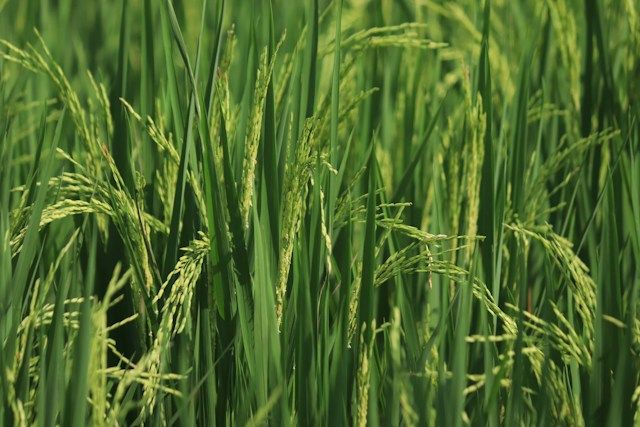Processed Tomato Products: Powered by Smart Agriculture for Efficiency and Sustainability
Tomato Products sector is undergoing a significant transformation, driven by the integration of technology and data-driven practices. Smart agriculture, a broad term encompassing various technological advancements, has emerged as a powerful tool to optimize resource utilization, enhance yields, and ensure food security. Within this framework, processed tomato products present a fascinating case study where smart agriculture can revolutionize the entire value chain, from farm to fork.
Contents
The Significance of Processed Tomato Products
Tomatoes, a versatile and widely consumed fruit (considered a vegetable in culinary terms), hold immense economic importance. According to the Food and Agriculture Organization (FAO), global tomato production surpassed 180 million tonnes in 2020. A significant portion of this harvest finds its way into processed forms like tomato paste, puree, ketchup, and various canned tomato products. These processed tomato products offer several advantages:
- Extended Shelf Life: Processing techniques like canning and drying significantly extend the shelf life of tomatoes, minimizing post-harvest losses and ensuring year-round availability.
- Convenience and Versatility: Processed tomato products offer convenient and versatile ingredients for various culinary applications, catering to the fast-paced modern lifestyle.
- Value Addition: Processing adds value to tomatoes, providing farmers with better returns and contributing to the overall economic development of the tomato industry.
Challenges in the Processing of Tomato Products
Despite the undeniable benefits, the processing of tomato products faces several challenges:
- Raw Material Quality: Fluctuations in tomato quality due to weather variations and pest infestations can significantly impact the final product’s consistency and taste.
- Resource Inefficiency: Traditional processing methods often involve high water and energy consumption, raising concerns about sustainability.
- Waste Management: Processing generates significant waste, including tomato peels, seeds, and pulp, posing environmental challenges if not managed effectively.
Smart Agriculture: A Game Changer
Smart agriculture offers a comprehensive set of solutions to address these challenges and empower a more efficient and sustainable processing of tomato products. Here’s how:
- Precision Farming: Sensor-based technologies and data analytics can help farmers optimize irrigation, fertilization, and pest control practices, leading to improved tomato quality and yield.
- Yield Prediction: Machine learning algorithms can analyze historical data and weather patterns to predict tomato yields, enabling processors to plan production capacities and minimize wastage.
- Intelligent Irrigation Systems: Soil moisture sensors and automated irrigation systems can ensure optimal water usage, reducing water waste and promoting sustainable practices.
- Real-time Monitoring: Smart monitoring systems can track tomato ripening stages and quality parameters throughout the production cycle, allowing for timely harvesting and processing.
Optimizing Processing with Technology
Smart agriculture extends its influence beyond the farm gate, optimizing processing efficiency within factories:
- Automated Sorting and Grading: Machine vision systems can automatically sort and grade tomatoes based on size, color, and ripeness, ensuring consistent quality for processing.
- Precision Processing Techniques: Advanced technologies like microwave drying and ohmic heating can significantly reduce processing time and energy consumption while preserving the nutritional value of tomatoes.
- Waste Management Solutions: Smart systems can convert tomato processing waste into valuable byproducts, such as biofuels or animal feed, promoting a circular economy approach.
The Future of Processed Tomato Products: Data-Driven and Sustainable
The integration of smart agriculture across the tomato value chain promises a future characterized by:
- Improved Product Quality: Consistent and high-quality tomatoes will lead to superior processed products, enhancing consumer satisfaction and brand reputation.
- Enhanced Sustainability: Reduced water and energy consumption, coupled with effective waste management, will contribute to a more environmentally friendly processing sector.
- Increased Profitability: Optimized resource utilization and improved product quality will translate into higher profitability for farmers and processors alike.
Conclusion
Smart agriculture presents a transformative opportunity for the processing of tomato products. By leveraging data-driven technologies and innovative practices, the industry can achieve greater efficiency, sustainability, and profitability. As we move towards a future where food security and environmental consciousness are paramount, smart agriculture holds the key to unlocking the full potential of tomatoes, from vibrant fields to delicious processed products on our tables.




